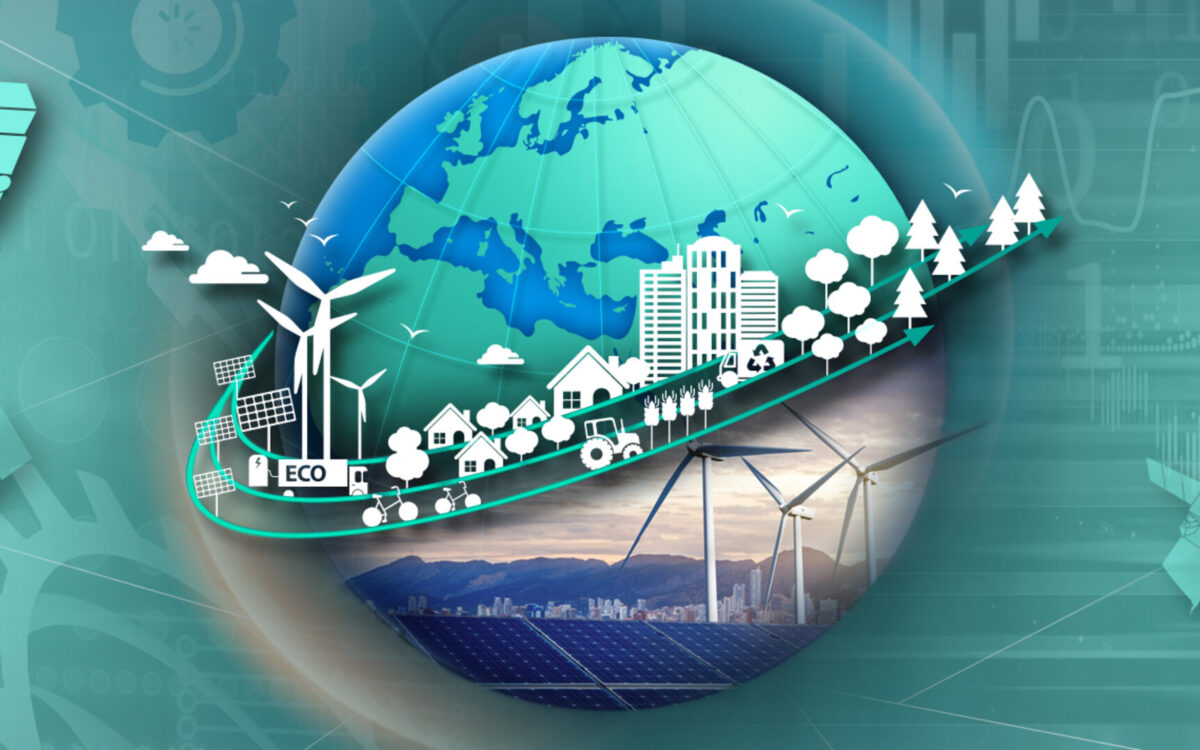Loss and damage compensation backed by the US at COP27 climate talks
Loss and damage support for vulnerable countries is to be backed by the US, climate envoy John Kerry said.
Loss and damage will be one of the hottest subjects of debate at next month’s COP27 UN climate talks as climate change has cost the world’s most climate-vulnerable countries an estimated $525 billion in the last 20 years.
The United States backs addressing the loss and damage suffered by developing countries due to global warming, US climate envoy John Kerry announced this week.
The countries most vulnerable to climate change are also those that contribute the least to it, and they are demanding financial compensation specifically for what is known as loss and damage in Earth’s climate crisis.
The 2015 Paris climate accord said signatories must try harder to address the issue, Kerry told a news conference.
“Now we have to go the next level and get engaged in a serious dialogue about how the world is going to deal with loss and damage,” Kerry said. “And we are prepared to discuss in Sharm el Sheikh fully all the ways in which we can try to be fair and gather the efforts of the world to help us address the concerns of a lot of countries in the world. So we’re very supportive of addressing loss and damage in the context of the process of the UN.”
Africa accounts for three per cent of global greenhouse gas emissions but 17 of the countries most at risk from climate change are located on the continent. At the Egypt talks the US will make announcements on helping Africa adapt to climate change, Kerry said.
Loss and damage refers to the destructive impacts of climate change that cannot be avoided either by mitigation (avoiding and reducing greenhouse gas emissions) or adaptation (adjusting to current and future climate change impacts).
It reflects the fact that climate change is already having negative effects on ecosystems, infrastructure and people’s health and livelihoods around the world. But there is currently no internationally agreed definition for loss and damage.
Loss and damage is often divided into economic issues including to livelihoods and property and non-economic elements loss of life and losses to biodiversity and cultural heritage.
It includes impacts from extreme weather events, such as droughts and floods, which are becoming more frequent and severe due to climate change. It also includes slow-onset impacts that – while equally damaging – develop over time such as the melting of glaciers.
Many developed countries are wary of the issues of compensation and liability. The costs of climate change are projected to reach at least $1 trillion annually by 2050. Many politicians fear that accepting liability for loss and damage could set off a wave of lawsuits by developing countries as well as domestic stakeholders.
Some experts argue that the conversation at international climate negotiations has moved away from compensation since 2015. The focus, they say, is now more on arrangements for technical support and finance.
Meanwhile, large emerging economies account for an increasing share of global greenhouse gas emissions. These countries support calls for compensation but may face difficult questions around their current and future contribution to climate change.





